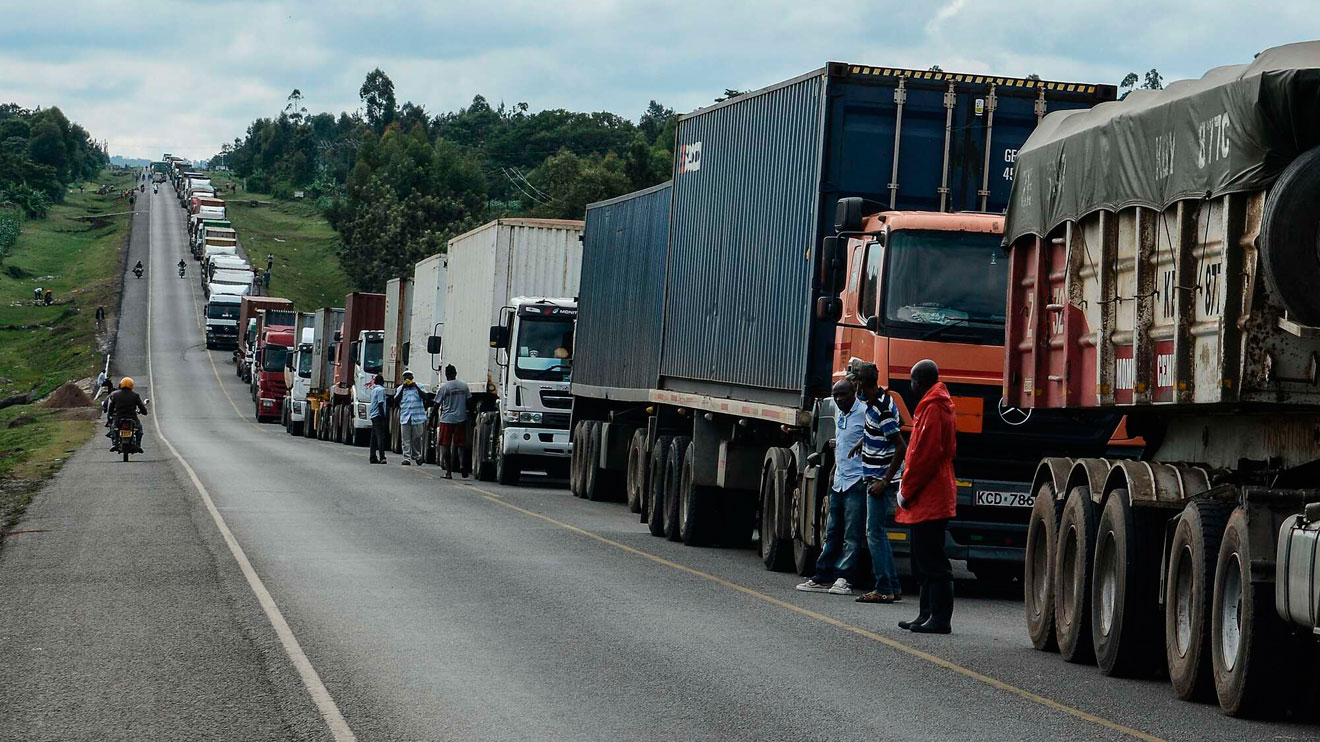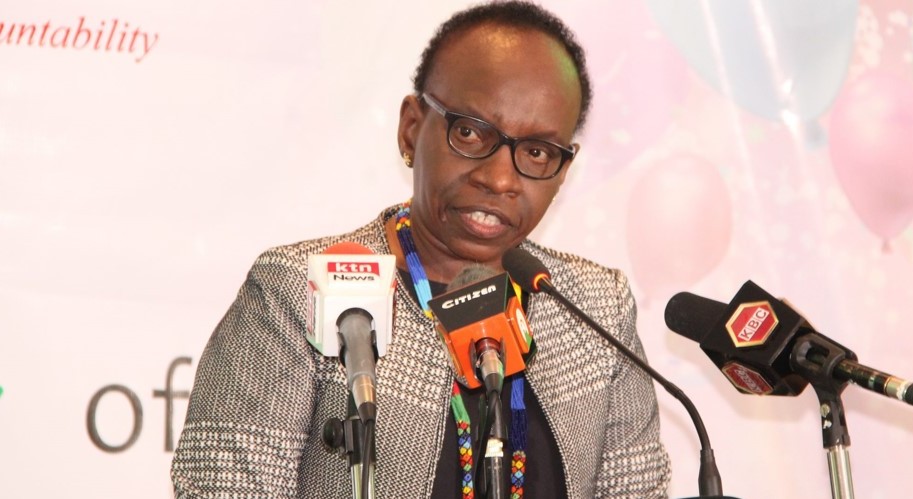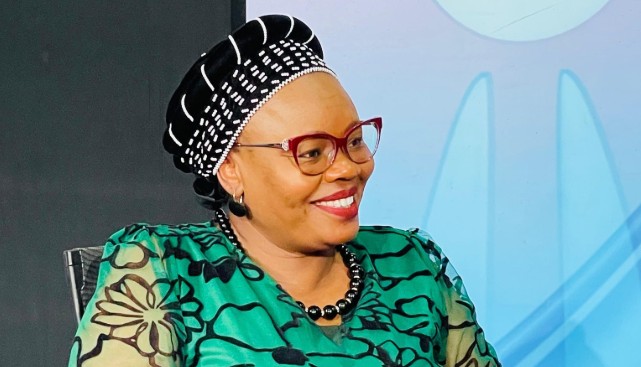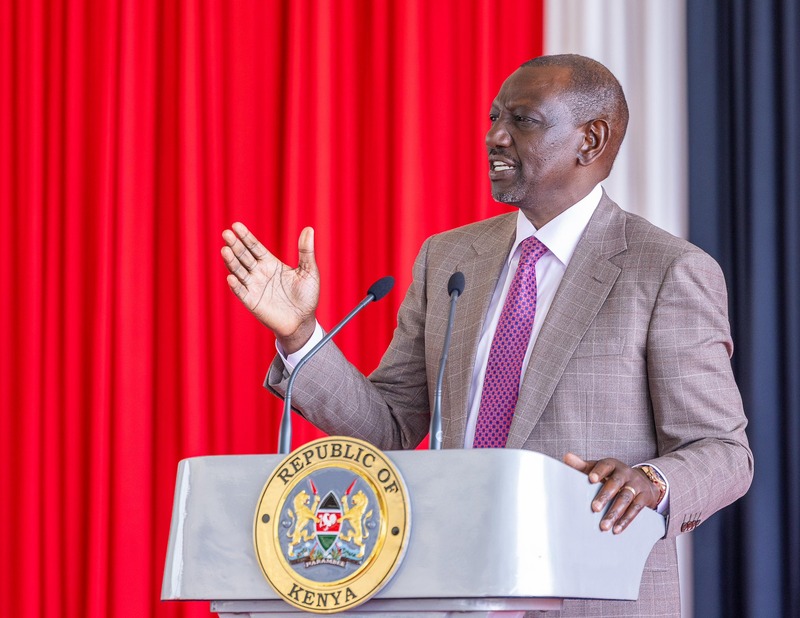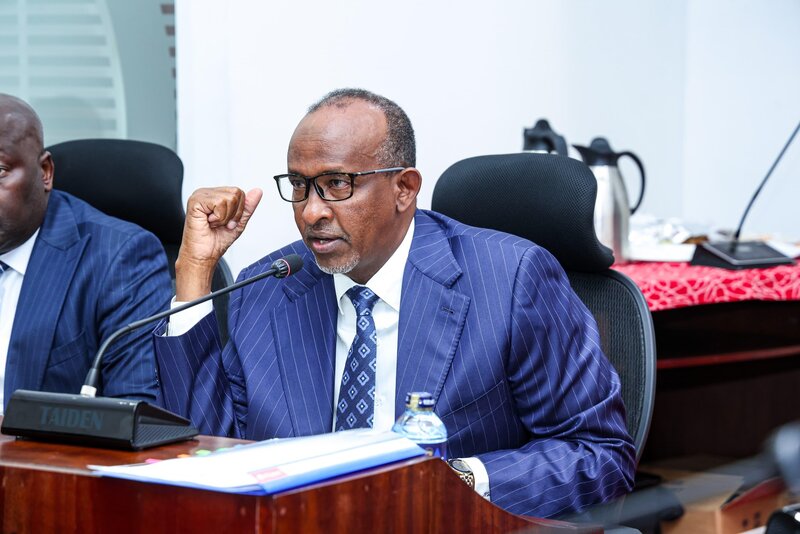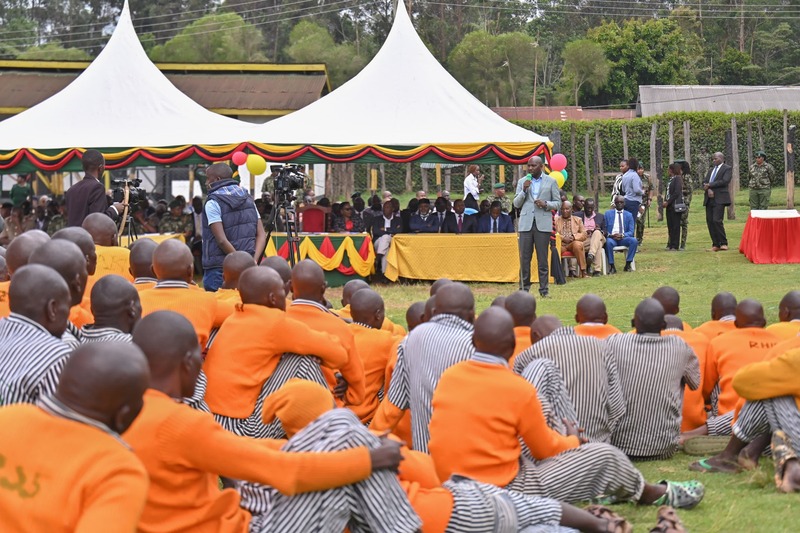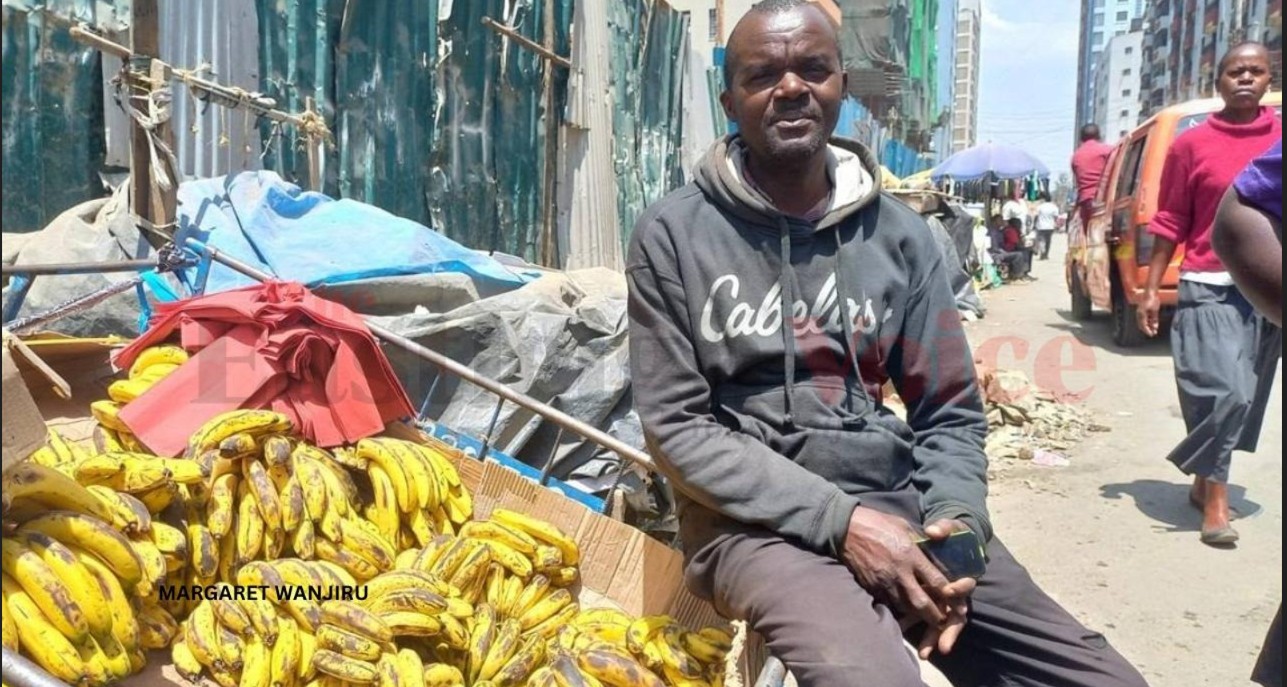Shakahola survivors detail horrors of starvation, brutality in court

His followers were instructed to fast without food or water until death. The chilling plan, they testified, had an order: children first, then women, followed by men, and finally Mackenzie himself.
The trial of controversial preacher Paul Nthenge Mackenzie, accused of orchestrating one of Kenya’s deadliest cult tragedies, has laid bare harrowing accounts from survivors who endured starvation, brutality, and loss in the depths of Shakahola Forest.
Mackenzie, survivors said, preached that Jesus would not return to Earth; instead, they were to go to him through deliberate starvation.
More To Read
- Activists alarmed as Kwa Binzaro ‘Shakahola 2’ exhumations delayed, warn against mass grave
- Shakahola Massacre trial opens in Mombasa amid harrowing details of alleged child murders
- DNA backlog leaves 300 Shakahola victims unburied two years after massacre
- Shakahola murder trial adjourned as prosecution cites new evidence
- Pressure mounts on government to dispose of Shakahola massacre victims' bodies after year-long delay
- Eight children feared dead as cult probe intensifies in Kilifi’s Chakama compound
His followers were instructed to fast without food or water until death. The chilling plan, they testified, had an order: children first, then women, followed by men, and finally Mackenzie himself.
The testimony came before Lady Justice Diana Kavedza Mochache in Mombasa, where three witnesses, including minors under protection, recalled the horrors they endured.
Prosecutors, led by Assistant Director of Public Prosecutions Jami Yamina, Senior Prosecution Counsel Juma Victor Owiti, and Betty Rubia, guided the court through graphic accounts that placed Mackenzie and others at the centre of a well-organised death cult.
Those who resisted fasting, the court heard, were brutally beaten. Not even infants were spared. Shallow graves littered the forest floor, burials that Mackenzie allegedly called weddings.
Funerals became religious ceremonies, with prayers offered over corpses before they were lowered into the ground.
The accused persons charged with the murder of 191 children were identified by witnesses as the very people who enforced the starvation policy.
The court was informed how some acted as guards to prevent escape, others as diggers of the graves, and some as ushers during gatherings where Mackenzie preached his message.
A young witness, now under state protection, told the court that his suffering began at home when his mother, acting on Mackenzie’s instructions, accused him of disobedience for requesting water. The preacher, he said, prayed over him in an attempt to “cast out the spirit of asking for food”. When his pleas for water did not stop, he was transferred to a heavily guarded location where there was no chance of escape.
Tragedy struck when his younger brother, also forced to fast under their mother’s supervision, died in the forest. Mackenzie’s followers buried the boy themselves.
The witness said he was later locked inside a small, grass-thatched hut without food or water. Armed guards patrolled outside to ensure no one broke the fast. Days passed in silence, broken only by the occasional cries of others locked away nearby.
Hope came in the form of an unexpected downpour. Rainwater trickled into the hut, offering the boy a faint lifeline. But true rescue came when a Somali herder, passing with camels, spotted him signalling desperately through a hole in the hut’s wall.
The herder handed him a gourd of milk, listened to his plea, and promised to fetch help. Hours later, police arrived, breaking open the huts and freeing him and other survivors who had been left to die.
The Shakahola massacre case, previously heard in Malindi, was transferred to Mombasa following directions from Chief Justice Martha Koome.
Prosecutors say evidence from survivors will prove Mackenzie's and his associates' direct involvement.
The hearing is set to continue on August 25, 2025, with more witnesses expected to testify about the events that turned Shakahola forest from a place of worship into a graveyard.
Top Stories Today


